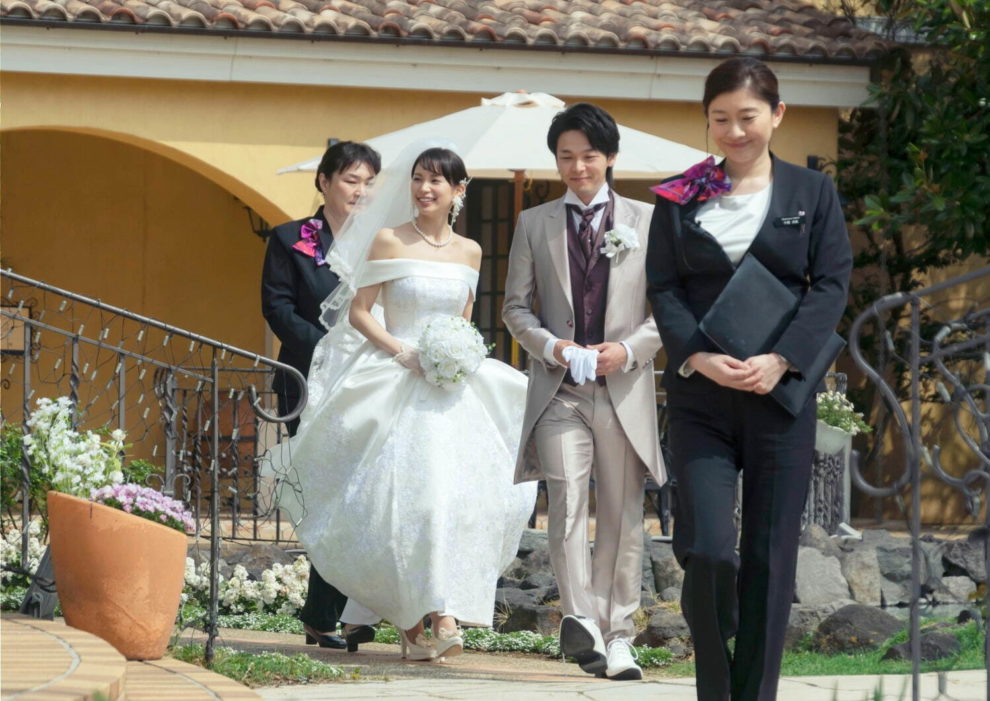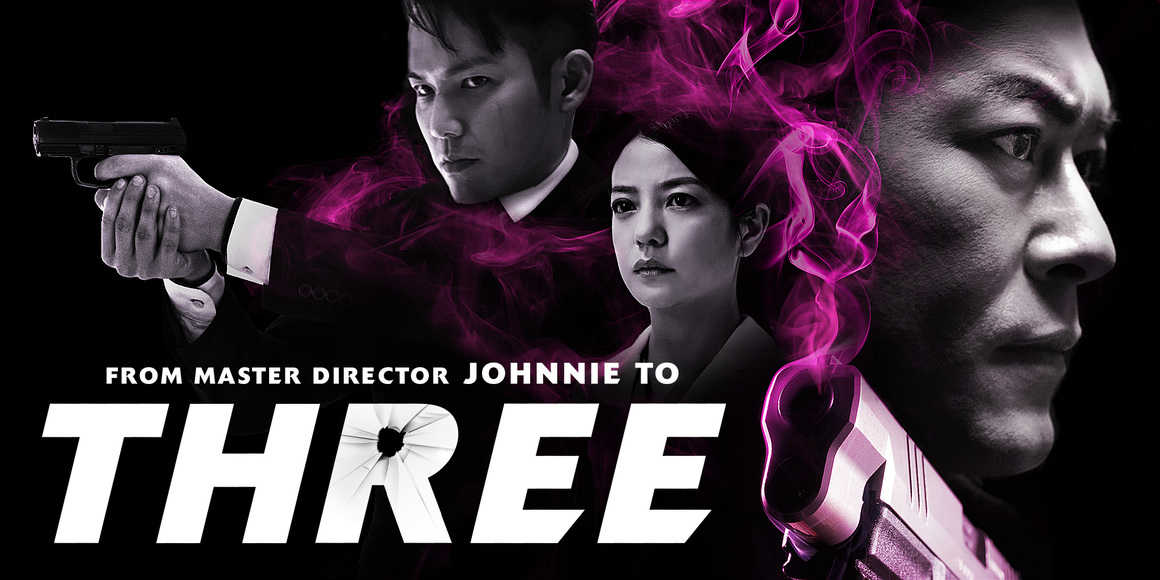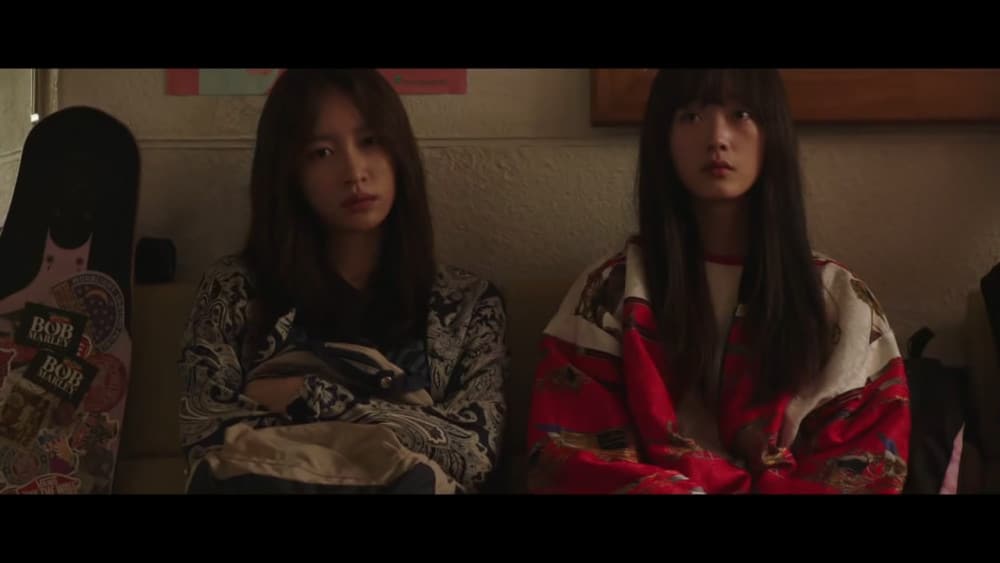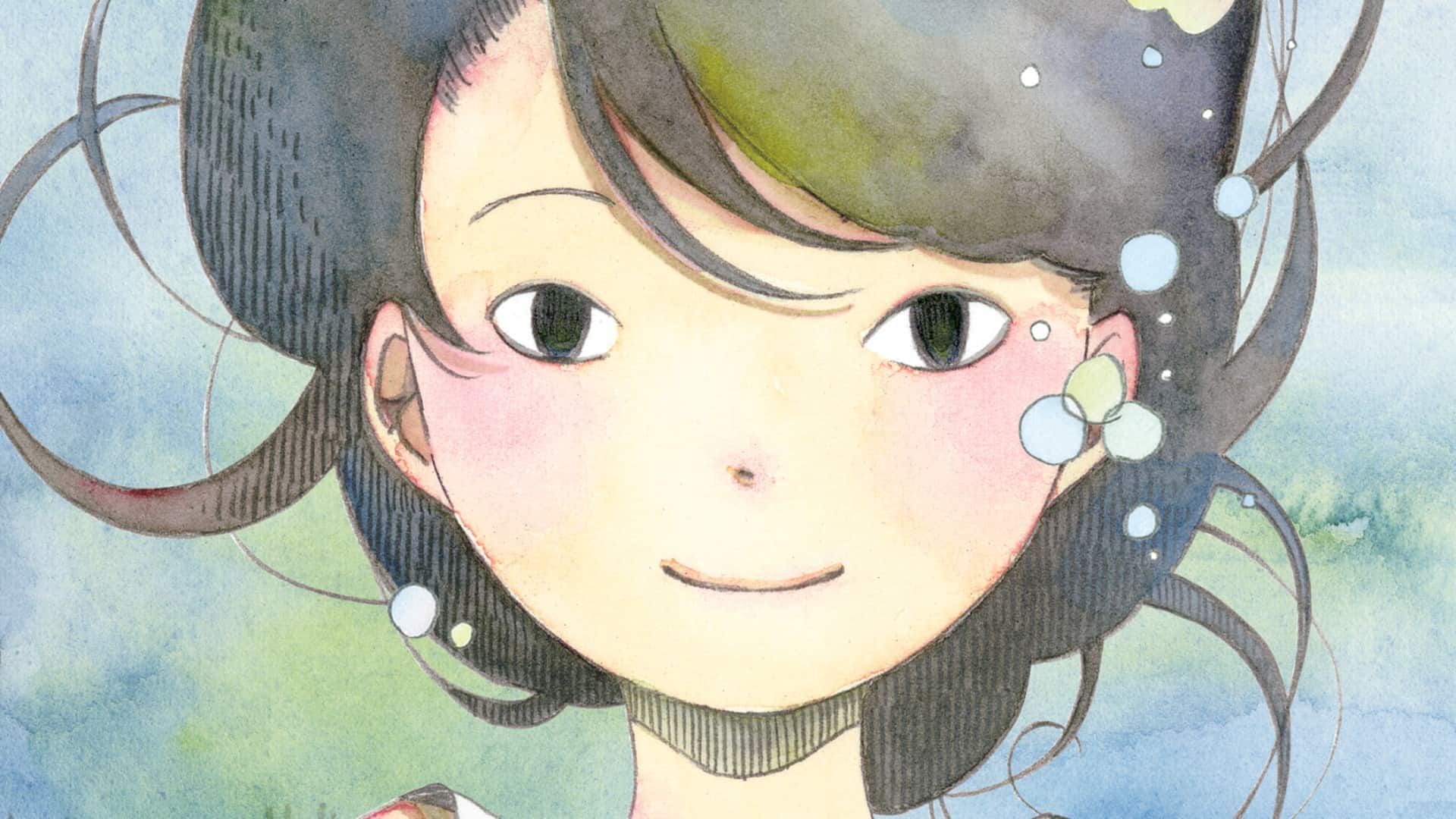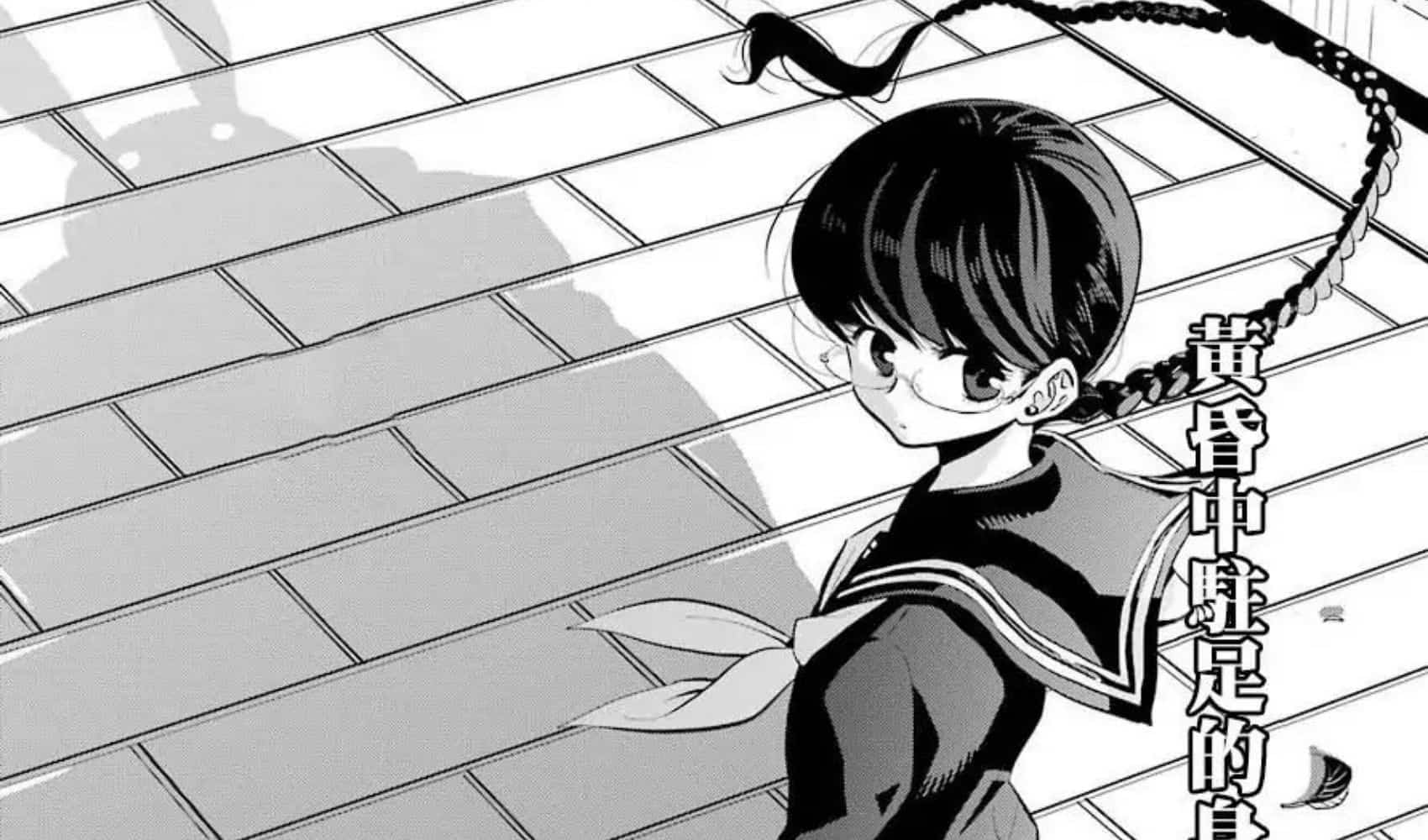Doing almost a complete U turn from her previous works, Akiko Ooku presents an ensemble comedy about the whole concept of marriage, in the style of the Japanese mainstream cinema the locals seem to love.
“Wedding High” is screening at Japan Society as part of The Female Gaze: Women Filmmakers from Japan Cuts and Beyong Program
Akihito and Haruka are about to get married, with the path to the wedding looking like it includes all the cliches of the concept: she is excited and ready to fuss on every detail, and he tries to hide his disinterest by pretending to be as much into them as she is. At the same time, though, it seems that a number of the guests consider that the wedding is more about them than the couple, and the agendas are already on the work. Yuya, Haruka's ex-boyfriend who, expectedly, is not invited, is getting ready to crash the wedding in a last effort to get her back. Their respective bosses seem to consider the marriage as an opportunity to bounce back from their issues, a filmmaker friends wants to show of his talent, bridesmaids have a whole dance routine, others are trying to portray samurais and cowboys, and the whole thing ends up being more of a talent show than a wedding. In the midst of all these, Maho Nakagoshi, the wedding planner who eventually emerges as the protagonist, has to strive to keep everybody happy, without exceeding the time limit the ceremony is supposed to last. Alas, issues keep arising.
Akiko Ooku directs a film that begins as a rather realistic, if cheerful view at the differences on the perception of the ceremony by the opposite sexes, but soon turns into an episodic comedy that seems to draw much from the mix of western and Japanese customs weddings in the country incorporate. The main comment here, that the guests frequently think that the ceremony is actually about themselves and not the couple, is also realistic, but presented in epic proportions with frequently hilarious results. At the same time, the many episodes seem to comment on various aspects of Japanese society, ranging from workplace politics to the difficulties of relationships, loneliness, the adoration of the past and many others.
This approach could have been somewhat tiring after a fashion, but Ooku avoids the reef mostly in two ways. The first one is the frantic pace of the movie, which particularly after a point, mirrors Maho's desperate efforts to solve everything on time, in an approach that suits the overall aesthetics to perfection. The second one again has to do with the character of the wedding planner, who eventually manages to “touch” all the episodes and characters, essentially making them revolve around her. In that regard, Ryoko Shinohara gives a great performance in the role, in one of the highlights of the movie.
The visual approach is as colorful and bright as expected from the cinematography of a mainstream Japanese film, although the usual graphics on screen of Ooku in the first part, and the frequent use of split frames in the second, give a different flavor to the movie.
Truth be told, the whole movie looks much tamer than the filmmaker's previous endeavors, a turn towards more crowd-pleasing paths. At the same time, though, her directorial prowess is evident once more, and the way she handles the many episodes and eventually brings them together, impressive. Expectedly, the ending lags once more and some scenes could have been briefer, but as a whole, “Wedding High” makes total sense, both as a comedy and an on-point social satire.


